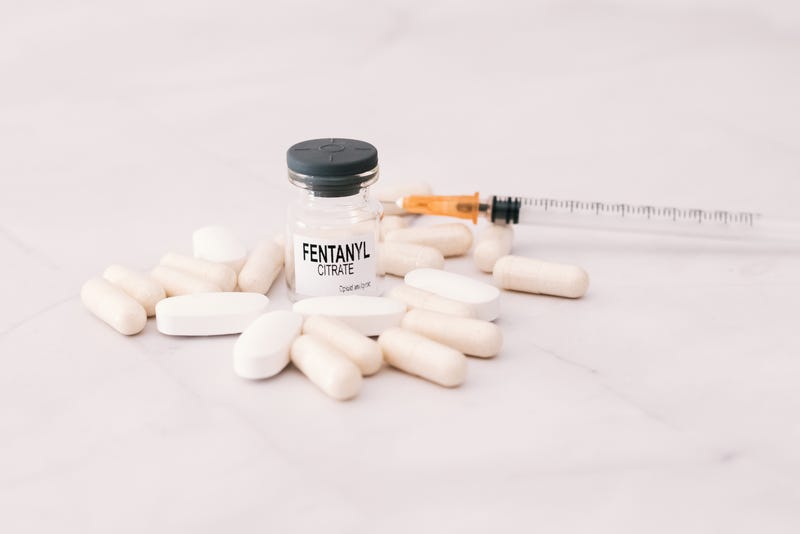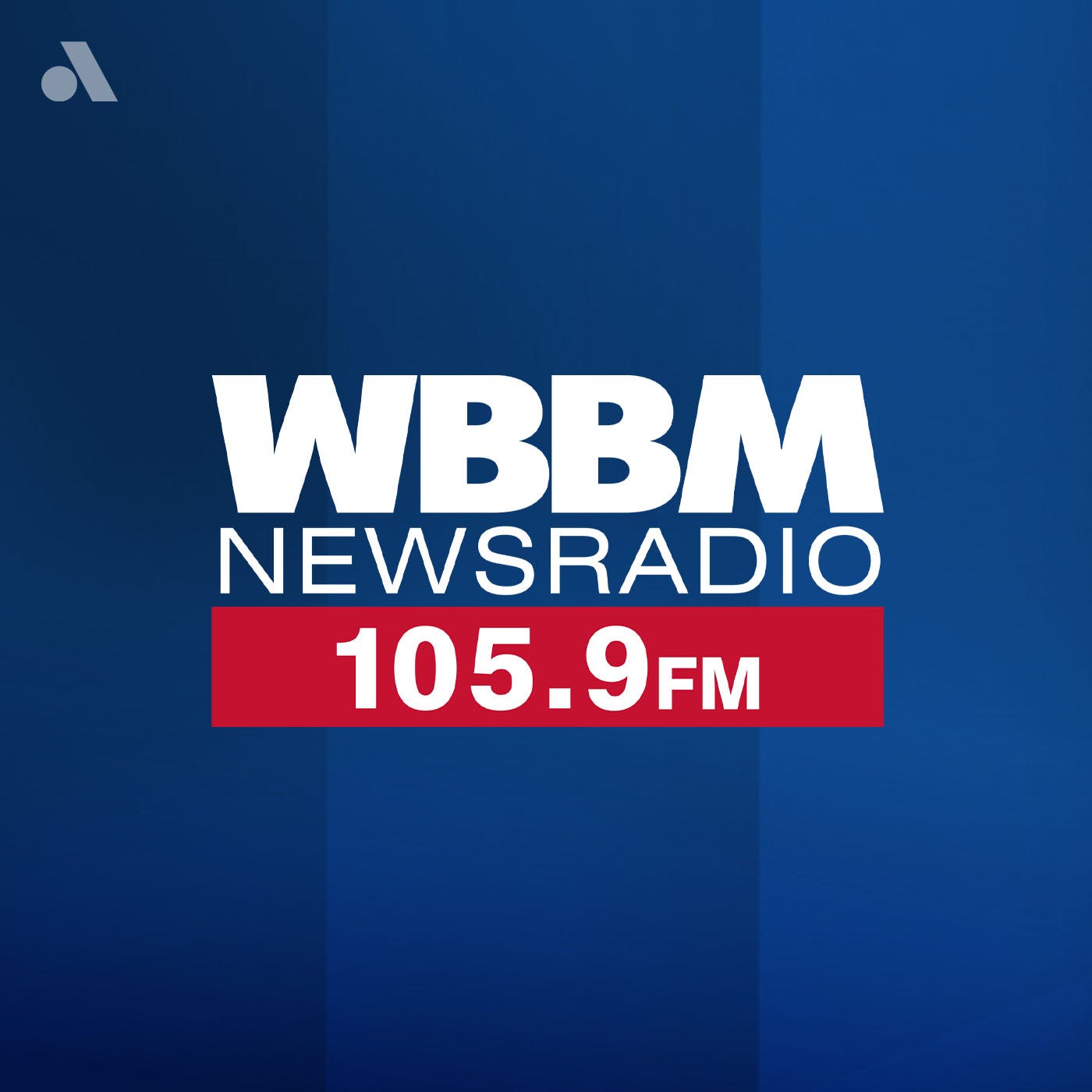
CHICAGO (WBBM NEWSRADIO) – Gov. J.B. Pritzker said the state's new Overdose Action Plan builds on his executive order of two years ago attacking the opioid overdose problem in Illinois, including making naloxone more widely available to help save the lives of people who were overdosing.
“There are so many people who wind up in a struggle with the disease that is addiction. Self-medicating, trauma, simultaneous mental health challenges, a pain prescription gone wrong. But, no matter what brings someone here, their life is worth saving,” the governor said at a news conference at the Bobby E. Wright Comprehensive Behavioral Health Center on the city’s West Side.

The governor said the new plan will provide all Illinoisans access to the behavioral health and social supports they need to recover.
Addiction is not limited to certain groups of people or certain geographic areas, he said, pointing out that his own mother struggled with alcoholism and may have even self-medicated.
“Everybody knows somebody who is struggling. Everybody. And our systems need to reflect that because pain left in the shadows hurts us all,” Pritzker said.
Still, the State Overdose Action Plan (SOAP) also keyed in on decades of inequities in certain communities that have high rates of opioid overdoses and overdose deaths.
”We’re working to end the racial disparities that come from historical, institutional failures. Recovery belongs in all of our communities but accessibility is key to getting people on the road to success,” the governor continued. “We’re not wasting any time implementing the plan. Already DHS has begun providing mobile medication assisted recovery via mobile van outreach on Chicago’s West and South Sides.”
Rashad Saafir, president and CEO of the Bobby E. Wright Comprehensive Behavioral Health Center, talked about the need being great in certain neighborhoods on the West Side.
Saafir said in 2018, East and West Garfield Park, Austin, North Lawndale and parts of Humboldt Park accounted for 29% of the city’s opioid deaths with 183 deaths.
He said more recent data isn’t much better, pointing to a Chicago Department of Public Health mid-year report indicating that, from January to June 2021, there were 122 deaths in those communities.
Meanwhile, the governor has named David T. Jones as the state’s Chief Behavioral Health Officer.


